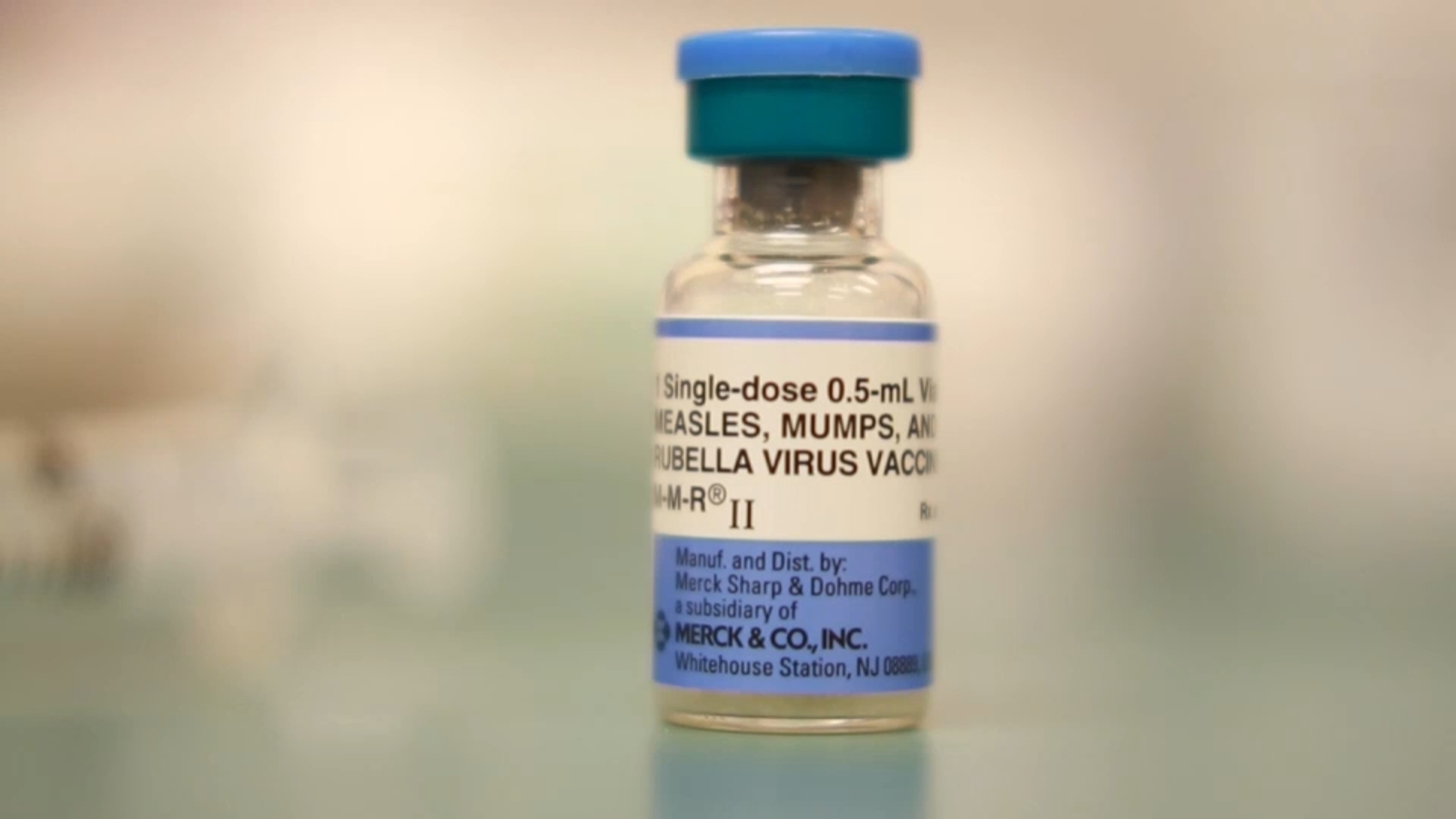Measles Alert: NY Health Officials Warn Travelers of Outbreak Risks

As families prepare to gather for Passover and Easter celebrations, the New York State Department of Health is urging travelers to be vigilant about recent measles outbreaks. Health officials have issued a critical travel advisory to help prevent the spread of this highly contagious disease during the upcoming holiday season.
The advisory comes in response to multiple confirmed measles cases across the state, raising concerns about potential exposure during large family gatherings and travel. Health experts warn that unvaccinated individuals are particularly at risk, emphasizing the importance of vaccination and taking preventive measures.
Travelers are advised to:
• Ensure their vaccinations are up to date
• Check their immunization records before holiday trips
• Be aware of potential exposure risks in crowded spaces
• Consult with healthcare providers if they have concerns about potential exposure
The Department of Health is committed to protecting public health and preventing the further spread of measles during this festive season. Families are encouraged to stay informed and take proactive steps to safeguard their health and the health of their loved ones.
